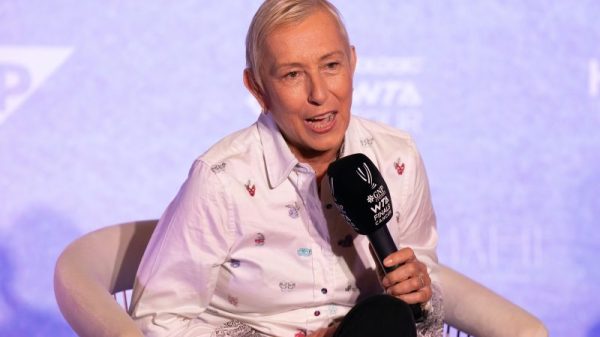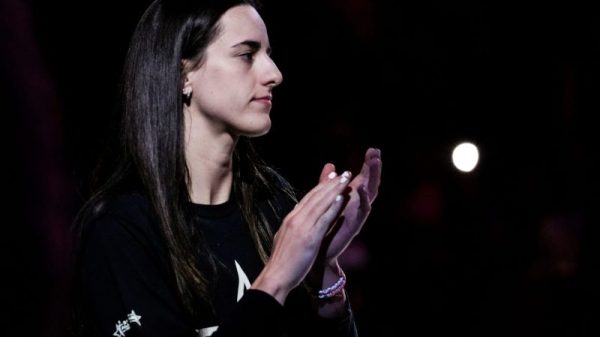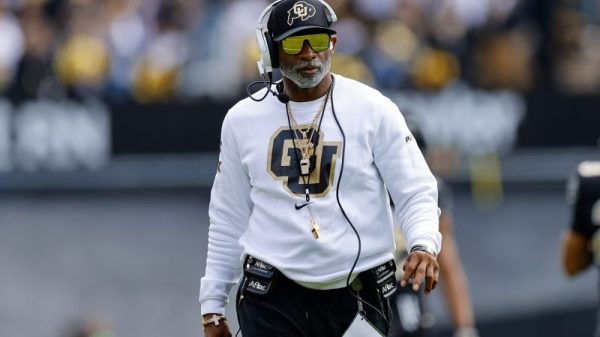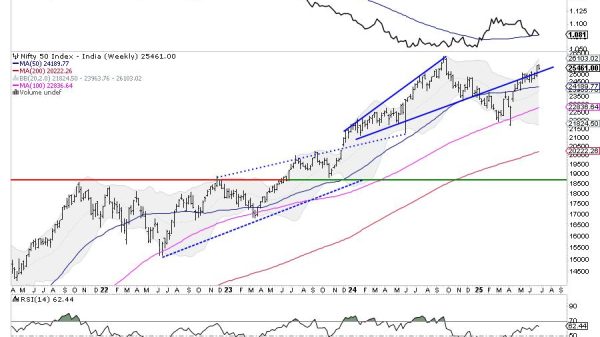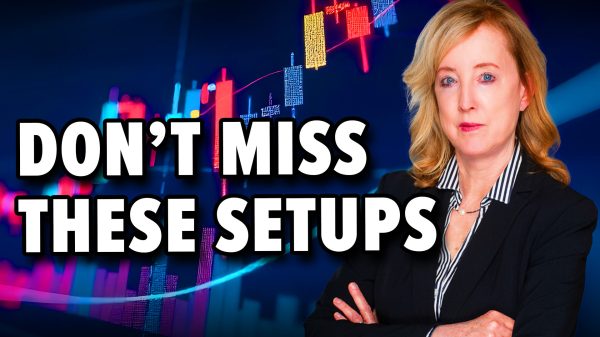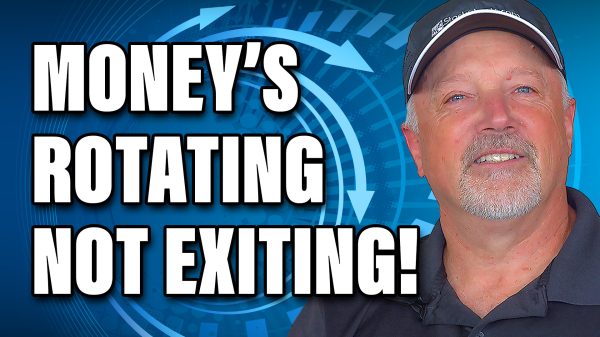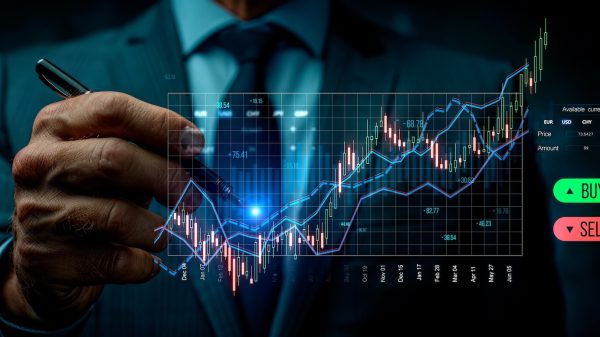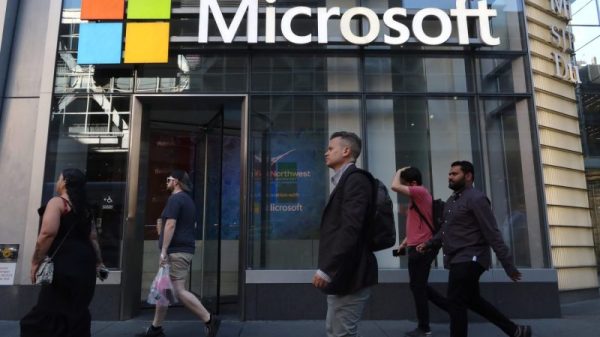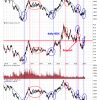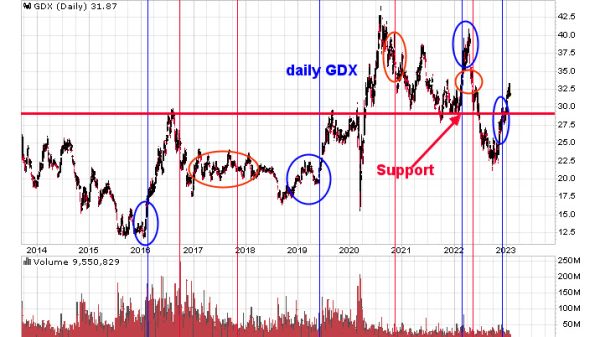Federal officials have announced they are guaranteeing all deposits at Silicon Valley Bank, the tech-focused lender that U.S. authorities shut down Friday in one of the biggest bank collapses in years.
In a joint statement Sunday, the U.S. Treasury, the Federal Reserve and the Federal Deposit Insurance Corp. said the extraordinary measures they were taking to shore up SVB deposits would not come at taxpayers’ expense. Asked whether the actions constituted a “bailout,” a senior Treasury Department official emphasized that point Sunday night.
The government also reiterated that only SVB depositors, as well as those at New York-based Signature Bank — a second institution it took over and shut down — would be made whole. Shareholders of the failed banks, as well as some bondholders, will “not be protected” by the actions, the agencies’ statement noted.
“Let me be clear that during the financial crisis, there were investors and owners of systemic large banks that were bailed out, and the reforms that have been put in place means that we’re not going to do that again,” Treasury Secretary Janet Yellen said on CBS’ “Face the Nation” on Sunday, before the emergency measures were announced.
“But we are concerned about depositors and are focused on trying to meet their needs,” she said.
The cost of covering the deposits, including uninsured amounts in excess of the FDIC’s $250,000 limit, will be paid for in part out of the agency’s Deposit Insurance Fund — a reserve that is paid for by a quarterly fee on banks.
In remarks Monday morning, President Joe Biden said taxpayers would not be on the hook for losses suffered as a result of the backstop measure. Instead, he said, losses would be borne by fees paid by banks.
Funding for the emergency measures will also come from selling off SVB’s assets, said Morgan Ricks, a banking professor at Vanderbilt Law School. As a result, he said, taxpayer dollars will not be directly implicated in the backstop measure.
That is a key difference from the congressionally approved bailout of the U.S. financial system authorities approved in the fall of 2008. That legislation, called the Emergency Economic Stabilization Act, earmarked $700 billion to create the Troubled Asset Relief Program to purchase toxic assets from banks.
By designating their backstop measures as a ‘systemic risk exception’ event, Washington regulators sidestepped a vote that would otherwise be required in Congress on whether to backstop the banks’ depositors.
The ‘exception’ designation required the approval of two-thirds of the Federal Reserve Board of Governors, two-thirds of the board of the FDIC and the Treasury Department in consultation with the president, Ricks said.
The agencies’ joint statement Sunday said any losses the Deposit Insurance Fund ultimately incurs to support depositors will be recovered by ongoing fees on banks.
Assuming there are losses, Ricks said, the costs of the guarantee of all depositors will be borne by banking customers — in other words, the wider public.
In such a scenario, he said, ‘part of it should be expected to fall on bank customers indirectly.’
The Deposit Insurance Fund’s balance was $128.2 billion as of Dec. 31. According to filings, 89% of SVB’s $175 billion in deposits, or about $156 billion, were uninsured.
Ricks said there is no way to know yet how much the federal backstop measure will ultimately cost, adding that it would depend in part on how much regulators can recover from selling the banks’ assets.
‘It’s entirely possible it will cost zero,’ he said, ‘meaning it’s entirely possible the recovery from selling the failed banks’ assets will be enough to fully cover the insured and uninsured deposits.’
Time will tell whether that bears out.






